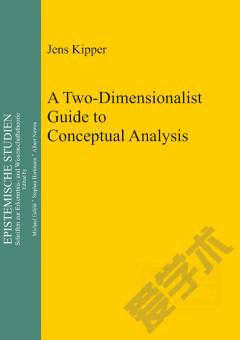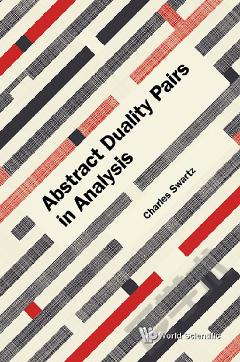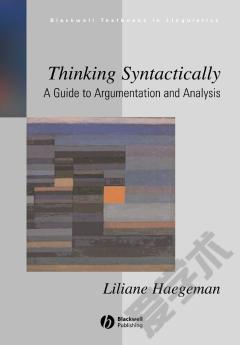A Two-Dimensionalist Guide To Conceptual Analysis
According to epistemic two-dimensionalism, or simply twodimensionalism, linguistic expressions are associated with two intensions, one of which represents an expression's a priori implications. The author investigates the prospects of conceptual analysis on the basis of a twodimensionalist theory of meaning. He discusses a number of arguments for and against two-dimensional semantics and argues that properly construed, two-dimensionalism provides a potent and plausible account of meaning. Against the background of this account, the author then goes on to assess the value of conceptual analysis in philosophical practice, outlining ist goals, ist promises, but also ist limitations.
{{comment.content}}








 京公网安备 11010802027623号
京公网安备 11010802027623号